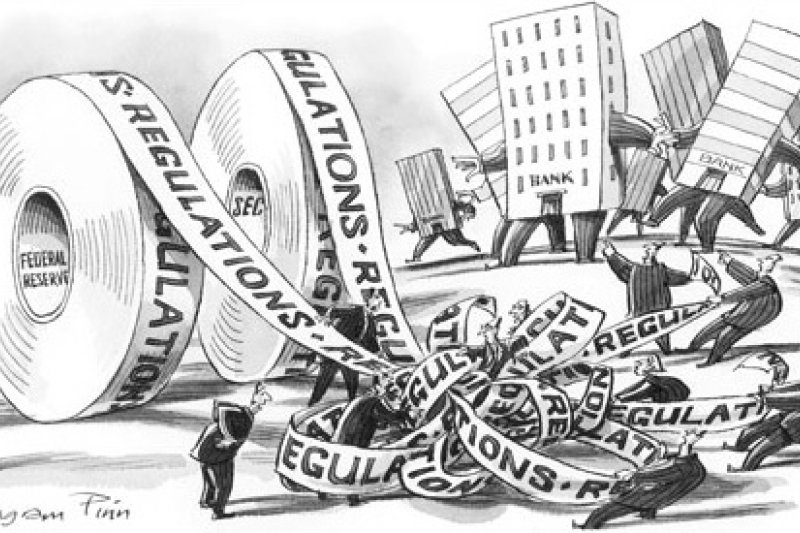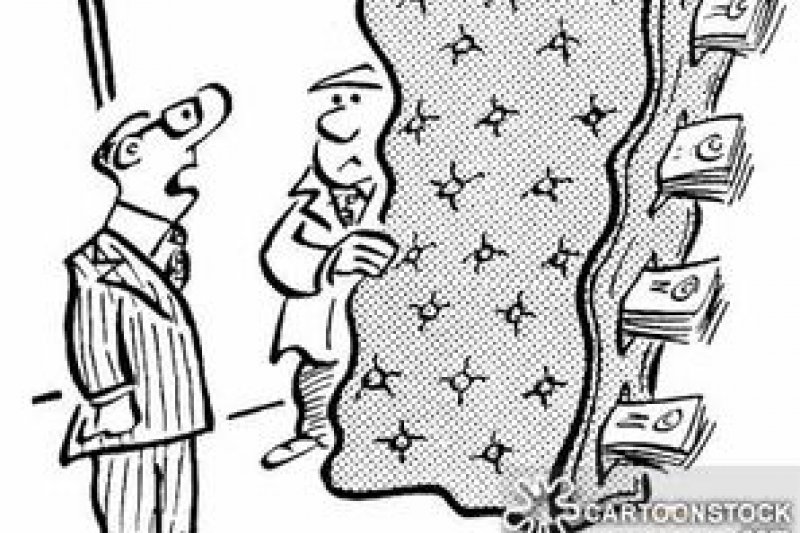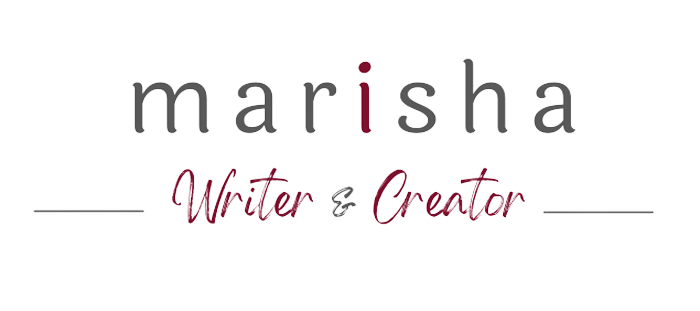First, you need to know that opening a new bank account at a bank with which you have never dealt before will require some time. Long gone are the times where you stepped into the branch manager’s office, gave him the greetings of your dad/uncle/whoever recommended you open your account at “his” branch and he would chit chat with you over a cup of coffee. All of which while some clerks will just hand you the necessary papers for your signature and voilà! you are the holder of a bank account.
Nowadays, you need to anticipate between one to three hours for a first time bank account opening. Yes, it all depends on the completeness of the required documents you need to have with you and also the IQ and energy level of the customer service officer (CSO) handling your file. This also depends on the time you show up at their desk.. Don’t come complaining if you have a long or complex name. I always suffer when I have to go through this procedure and I have yet to encounter one individual who will not butcher either my name or my family name. But let’s not meander now…
And now that you know that the account opening procedure will require quite some time, go to your account opening well prepared and with the required documentation. Yes, yes. You are reading right! You need to have at least your Lebanese ID and/or recent civil extract on you. As well as a residency proof showing your detailed and complete address. This can be the latest electricity bill in your name (not your parents or flatmate!) or simply a form from the mayor of the neighborhood you live in. You cannot show up with copies of such official documents. The branch needs to make sure of their validity and authentication and they will copy them themselves. A Lebanese passport can be used. It will however mean that you need to get either the ID or a recent civil extract to the branch at a later stage. And frankly, who wants to do that? Don’t you have other more interesting things to waste your time on??
Speaking of passports, you will be asked whether you have an American passport or any other nationality at the account opening. This is crucial for the banks as they abide by the central bank’s rules and regulations that stipulate that a FATCA (Foreign Account Tax Compliance Act) form as well as a complete KYC (Know Your Customer) are to be duly filled. Any missing information on those forms can get the branch in trouble with BDL (Banque Du Liban)…and the US regulator. If you care to know what is behind those regulations and what makes local banks abide by them, read the full story here.
The process of opening a bank account is similar at branches of foreign banks operating in Lebanon.
First, you need to show up yourself at the branch of your choice. This seems obvious but the new regulations in Lebanon prohibit the opening of accounts in the name of people who are not physically present at the moment of the opening. This also applies to moral entities who need to be represented by the signatories. Those signatories need to present themselves at the said branch. Very few exceptions can be made for specific cases, where a lawyer can represent the entity.
Obviously, this means you cannot open your bank account online because the bank needs to have living proof that you physically exist. And as previously stated, the procedure will take time. This also means that you will need to sign a looot of papers. You could start by practicing signing for 30 to 40 consecutive times and keeping your signature design almost similar at all times. Wrist gymnastics can come in very handy here. You don’t want to have a cramp while signing the last batch of papers, do you? What else could one do? Our banks looove paper. They don’t seem to care much for the environment and I’m not sure anyone asked them to…
Anyway, then, you need to be also patient providing a whole bunch of information on yourself. Rest assured, the bank will not ask you for your shoe nor your dress size. It will however want to know how many homes or other properties do you own, rent, have bought or sold, whether you have one or multiple streams of income, in which frequency the cash will flow in and out of your account and for which purposes, etc. All this information will be noted in your personal KYC that each institution needs to have on file as it gathers the data of their customers and permits for analytical reporting at later stages. If you happen to have a company, the bank will ask to also fill a KYC for that entity since you might transfer money from it to your personal account.
While you are striking a nice conversation with the lovely CSO —most are beautiful young women, but banks are also employing young males for this position—, you will be checked against watch and sanctions list at the compliance department to make sure no outlaw is opening the account. This is part of the AML (Anti-Money Laundering) process. And now comes a very important question, “what kind of account would you like to open sir/ma’am?” You sit up straight, startled and look puzzled. “Well… mmm… let me think…”



